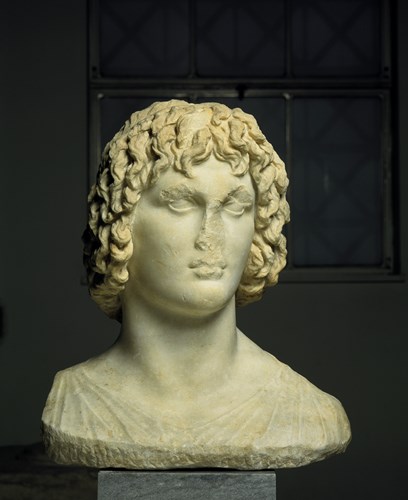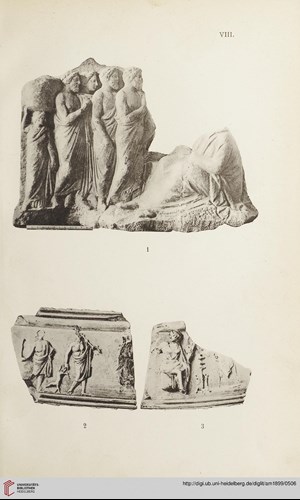Eubouleus
Eubouleus is a mysterious deity associated with the Eleusinian Mysteries. His name (which means “Good-Counsellor”) appears in numerous inscriptions and the so-called Orphic gold tablets with various forms, including Eubulus, Euboulos, Eubouleos, and Eubolos. Ancient sources provide conflicting information regarding his lineage. The Argives said that he was the son of Trochilus by an Eleusinian woman and brother of Triptolemus. The followers of Orpheus believed that the two brothers were the sons of Dysaules. An Orphic tablet and an Orphic hymn identify him as the son of Zeus. Some modern researchers reject this parentage and argue that Eubouleus is an epithet that refers to Zeus himself, at least in the context of the Eleusinian Mysteries. Diodorus Siculus claims that he was the son of Demeter. Hesychius of Alexandria identifies Eubouleus with Plutus. Others support the theory that the word is an epithet of Dionysus or Zagreus, the central Orphic god. Finally, contemporary research considers Eubouleus a principal deity of the Eleusinian Mysteries.
![]()

Bust of Eubouleus (4th c. BC) from Eleusis, 330-320 BCE, sculpture, National Archaeological Museum, Athens © Hellenic Ministry of Culture and Sports/ Hellenic Organization of Cultural Resources Development
The main story associated with him appears in the Scholia to Lucian. Eubouleus was a swineherd whose pigs were feeding in the soft meadow where Persephone and her companions gathered flowers. Unfortunately for the animals and their shepherd, Hades decided to appear in their proximity as he raced to abduct Demeter’s daughter. The pigs panicked and fell into the opening to the underworld along with Kore and her kidnapper. In memory of this event, the women who participated at the Thesmophoria festival threw piglets into a sacrificial pit (known as megaron) dedicated to Demeter and Persephone. When the time came, some women called “bailers” descended into the hole, removed the rotting carcasses, mixed them with seeds, and placed them on altars before using them as ceremonial fertiliser in the fields.

The mirthless rock and two fragments depicting Demeter, Eubouleus [?] and other figures associated with the Eleusinian Mysteries, O. Rubensohn, 1899, engraving, Universität Heidelberg © Universitätsbibliothek Heidelberg / Public Domain






